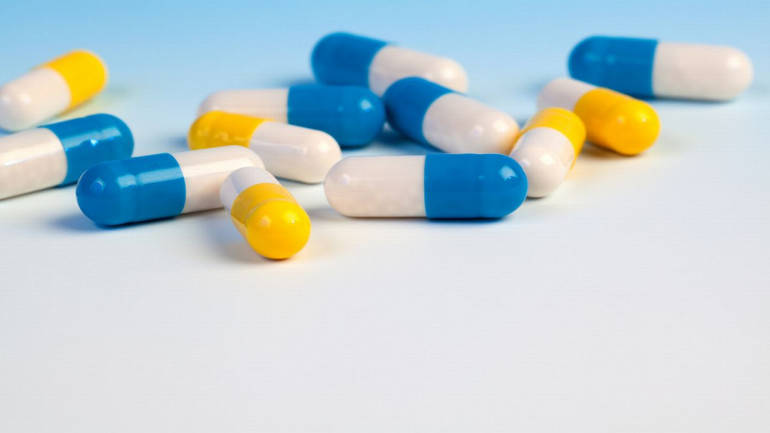The survey, funded by USAID, is the largest national drug-resistant (DR) TB survey ever conducted by any country in the world.
Finally, we know the extent of multi-drug resistant Tuberculosis (MDR-TB) problem in India, after Union Ministry of Health and Family Welfare last week released the the "First National Anti-Tuberculosis Drug Resistance Survey."
The survey, funded by USAID, is the largest national drug-resistant (DR) TB survey ever conducted by any country in the world.
MDR-TB refers to TB resistant to at least two of the first-line or most commonly used drugs – isoniazid and rifampicin. Among MDR-TB - the even more dangerous one is the Extensively Drug Resistant TB (XDR-TB), that has additional resistance to at least one fluoroquinolone and one second line injectable drug.
Fluoroquinolone antibiotics are marvels of modern science as they interrupt bacteria's ability to multiply by using human white blood cells.
TB is a highly contagious bacterial infection that can quickly spread if not caught, isolated, and treated early. Tuberculosis is an airborne disease, and can be caught by breathing in the air that an infected person has contaminated.
What are the findings?
The survey results reveal that 6.19 per cent of all TB patients in India have multidrug-resistant TB (MDR-TB). Among MDR-TB patients, XDR-TB rate was 1.3 per cent.
How that translates into numbers?
Based on the survey and estimates in the Global Tuberculosis Report 2017, it is estimated that 147,000 people are having MDR-TB, accounting for one-fourth of the global burden. Furthermore, resistance to the class of drugs called fluoroquinolones was found to be almost 22 percent. This translates to over 30,000 XDR-TB patients who need immediate access to better treatment regimens, including the new drugs bedaquiline and delamanid.
Why is it alarming?
By September 2017, 698 people with extensively drug-resistant (XDR and pre-XDR) TB were initiated on bedaquiline-containing regimens in five states of India. To be sure that's not enough. The findings of this report suggest action in terms of scaling up DR-TB testing and treatment, including improved regimens with newer drugs.
What are health activists/NGOs are saying?
"The survey reaffirms that high levels of resistance to fluoroquinolones exist in India, and this is a matter of grave concern because this is associated with treatment failure and death, for people who are resistant to this class of drugs," Dr Stobdan Kalon, MSF Medical Coordinator in India.
"We constantly struggle with patients having resistance to both fluoroquinolones and second line injectables approaching our Mumbai clinic for treatment. High rates of resistance to these drugs, limit our options to create an effective treatment regimen," Kalon said.
Kalon stressed the need to speed up and broaden access to effective treatment through expansion of Drug Susceptibility Testing (DST) and patient centred models of care. "This will not only save lives, but can also reduce the risk of transmission, including to family members,” she added.